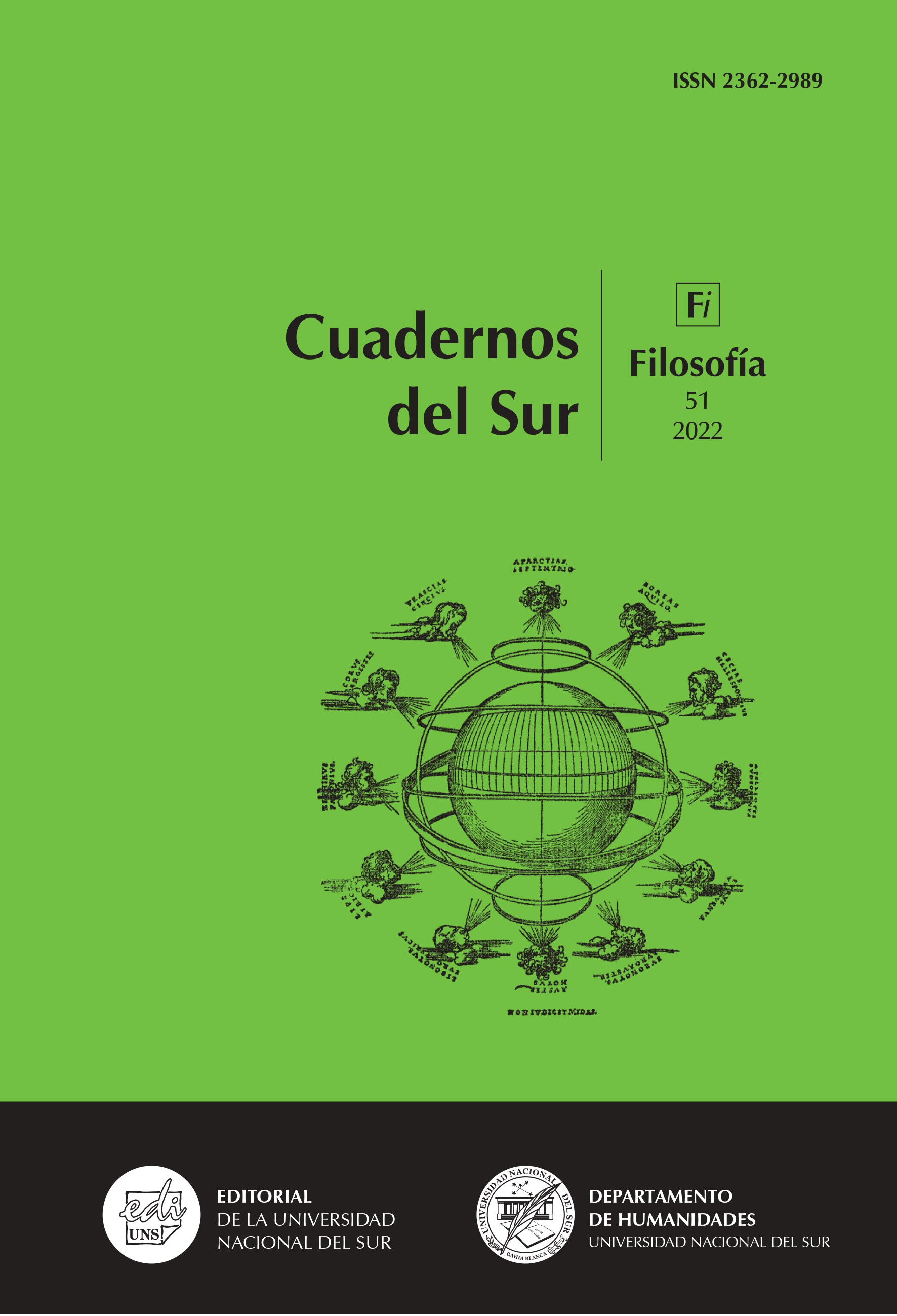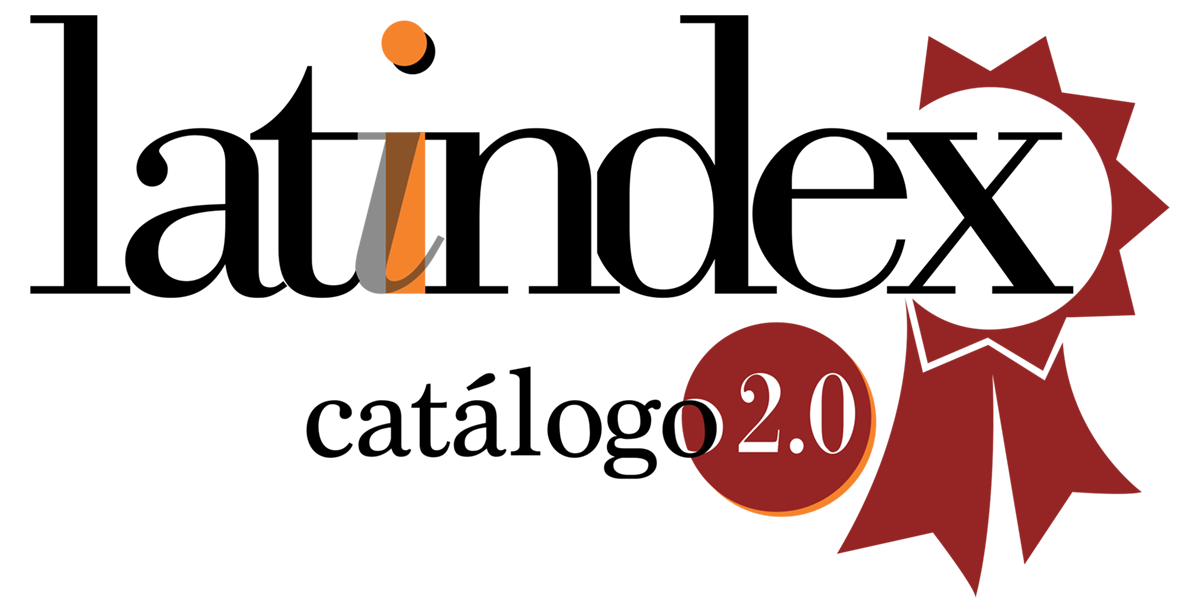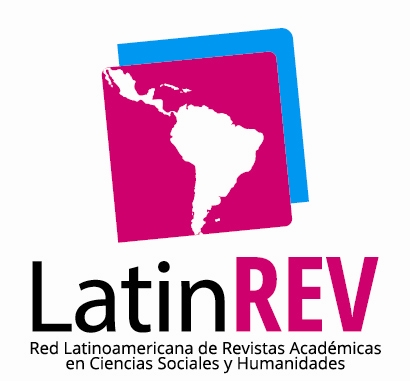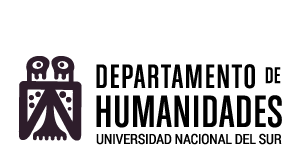La autoridad en la totalidad tecnológica: perspectivas filosófico-políticas sobre el fenómeno del companion chatbot
Keywords:
authority, cyberspace, chatbotAbstract
The aim of this work is to develop an investigation about authority relations studying the links between Artificial Intelligence and humans, that intertwine in cyberspace producing particular ways of existence in the current times. We address the issue of companion chatbots, as non-human agents that are designed to establish and develop relationships with human-users emulating interpersonal relationships as the ones that corresponded to the world we used to inhabit, and still inhabit to some extent. Since the structuring of the things in the current world responds to a technological totality, we should analyze which are the operations that exist behind the algorithmic logic that enable us to inhabit cyberspace and decide what remains excluded. The philosophical-political perspective on the topic guides our work and helps us get closer to the question about the future ways of existence.
Downloads
References
Chatbot Kuki (IA), [disponible en https://www.kuki.ai - consultado en febrero-julio del 2022].
Chatbot Replika (IA), [disponible en https://replika.ai - consultado en febrero-julio del 2022].
Chatbot Woebot (IA), [disponible en https://woebothealth.com - consultado en febrero-julio del 2022].
Chatbot Xiaoice (IA), [disponible en https://www.xiaoice.com - consultado en febrero-julio del 2022].
Arendt, Hannah (2016), Entre el pasado y el futuro. Ocho ejercicios sobre la reflexión política, Buenos Aires, Ariel.
Beresñak, Fernando (2020), “La importancia tonal del fracaso universal”, en Pensar la pandemia, Bitácora, Foro de la Biblioteca de la Filosofía Venidera, Miño y Dávila Editores, [disponible en https://pensar-la-pandemia/fernando-beresnak].
Bessi, Alessandro y Ferrara, Emilio (2016), “Social bots distort the 2016 U.S. Presidential election online discussion”, First Monday, vol. 21, n°11, [disponible en https://doi.org/10.5210/fm.v21i11.7090].
Brandtzæg, Peter et al. (2021), “When the social becomes non-human: Young people’s perception of social support in Chatbots”, Proceedings of the 2021 CHI Conference on Human Factors in Computing Systems (CHI ‘21), pp. 1-13, [disponible en https://doi.org/10.1145/3411764.3445318].
Bratton, Benjamin (2015), The stack. On software and sovereignty, Cambridge, The Mit Press.
Citron, Danielle Keats y Pasquale, Frank (2014), “The scored society: due process for automated predictions”, Washington Law. Review, vol. 89, pp. 1-33.
De Greeff, Joachim y Belpaeme, Tony (2015), “Why robots should be social: Enhancing machine learning through social human-robot interaction”, PLoS ONE, vol. 10, n° 9, pp. 1-26, [disponible en https://doi.org/10.1371/journal.pone.0138061].
Farrow, Robert y Moe, Rolin (2019), “Rethinking the role of the academy: Cognitive authority in the age of post-truth”, Teaching in Higher Education, vol. 24, n° 3, pp. 272-287.
Ferrara, Emilio et al. (2016), “The rise of social bots”, Commun ACM, vol. 59, pp. 96-104.
Fiske, Amelia et al. (2019), “Your robot therapist will see you now: Ethical implications of embodied artificial intelligence in Psychiatry, Psychology, and Psychotherapy”, JMIR Mental Health, vol. 21, n° 5, pp. 1-12.
Fitzpatrick, Kathleen Kara et al. (2017), “Delivering cognitive behavior therapy to young adults with symptoms of depression and anxiety using a fully automated conversational agent (Woebot): A randomized controlled trial”, JMIR Mental Health, vol. 4, n° 2, pp. 1-11, [disponible en https://www.jmir.org/2019/5/e13216].
Følstad, Asbjørn y Brandtzæg, Peter (2020), “Users’ experiences with chatbots: Findings from a questionnaire study”, Quality and User Experience, vol. 5, n° 3, pp. 1-14, [disponible en https://doi.org/10.1007/s41233-020-00033-2].
Foucault, Michel (1990), Tecnologías del yo, Barcelona, Paidós.
Freud, Sigmund (1992), “El porvenir de una ilusión”, en Obras completas, Tomo XIX, Buenos Aires, Amorrortu, pp. 1-55.
Henriksen, Ellen Emilie (2019), Big data, microtargeting, and governmentality in cyber-times. The case of the Facebook-Cambridge Analytica data scandal, Tesis de doctorado, Oslo, University of Oslo.
House, James et al. (1985), “Measures and concepts of social support”, en Cohen, Sheldon y Syme, Leonard (eds.), Social support and health, Nueva York, Academic, pp. 83-108.
Illouz, Eva (ed.) (2017), Emotions as commodities: Capitalism, consumption and authenticity, Nueva York, Routledge.
Kojève, Alexandre (2005), La noción de autoridad, Buenos Aires, Nueva Visión.
Krämer, Nicole et al. (2017), “A brief history of (social) cyberspace”, en Holyst, Janusz (ed.), Cyberemotions. Collective emotions in cyberspace, Springer, Cham, pp. 11-35.
McStay, Andrew (2018), Emotional AI: The rise of empathic media, Los Angeles, Sage.
Morozov, Evgeny (7 de enero del 2017), “Moral panic over fake news hides the real enemy - the digital giants”, The Guardian, [disponible en https://www.theguardian.com/commentisfree/2017/jan/08/blaming-fake-news-not-the-answer-democracy-crisis].
Platón (1992), “Critias”, en Diálogos II, Madrid, Gredos, pp. 881-896.
Rahwan, Iyad (2018), “Society-in-the-loop: programming the algorithmic social contract”, Ethics of Information Technology, vol. 20, pp. 5-14.
Risso, Linda (2017), “Harvesting Your Soul? Cambridge Analytica and Brexit”, en Brexit means Brexit? The selected proceedings of the symposium, Mainz, Akademie der Wissenschaften und der Literatur, pp. 75-87.
Shum, Heung-yeung et al. (2018), “From Eliza to XiaoIce: Challenges and opportunities with social chatbots”, Frontiers of Information Technology & Electronic Engineering, vol. 19, pp. 10-26.
Skjuve, Marita et al. (2021), “My chatbot companion - a study of human-chatbot relationships”, International Journal of Human-Computer Studies, vol. 149, pp. 1-14, [disponible en https://doi.org/10.1016/j.ijhcs.2021.102601].
Takahashi, Dean (26 de julio del 2019), “The DeanBeat: The inspiring possibilities and sobering realities of making virtual beings”, Venture Beat, [disponible en https://venturebeat.com/2019/07/26/the-deanbeat-the-inspiring-possibilities-and-sobering-realities-of-making-virtual-beings/].
Trothen, Tracy (2022), “Replika: Spiritual enhancement technology?”, Religions, vol. 13, n° 4, pp. 275-292.
Vygotski, Lev (1997), Historia del desarrollo de las funciones psíquicas superiores, Buenos Aires, Colihue.
Zhou, Hao et al. (2018), “Emotional chatting machine: Emotional conversation generation with internal and external memory”, Proceedings of the AAAI Conference on Artificial Intelligence, vol. 32, n°1, pp. 730-738.
How to Cite
Issue
Section
License
Copyright (c) 2023 Paula Sofía Gulman

This work is licensed under a Creative Commons Attribution-NonCommercial 4.0 International License.
Aquellos autores/as que tengan publicaciones con esta revista, aceptan los términos siguientes:- Los autores/as conservarán sus derechos de autor y garantizarán a la revista el derecho de primera publicación de su obra, el cuál estará simultáneamente sujeto a la licencia Atribución-No Comercial 4.0 Internacional CC BY-NC 4.0.
- Los autores/as podrán adoptar otros acuerdos de licencia no exclusiva de distribución de la versión de la obra publicada (p. ej.: depositarla en un archivo telemático institucional o publicarla en un volumen monográfico) siempre que se indique la publicación inicial en esta revista.
- Se permite y recomienda a los autores/as difundir su obra a través de Internet (p. ej.: en archivos telemáticos institucionales o en su página web) una vez publicado su trabajo, lo cual puede producir intercambios interesantes y aumentar las citas de la obra publicada. (Véase El efecto del acceso abierto).










